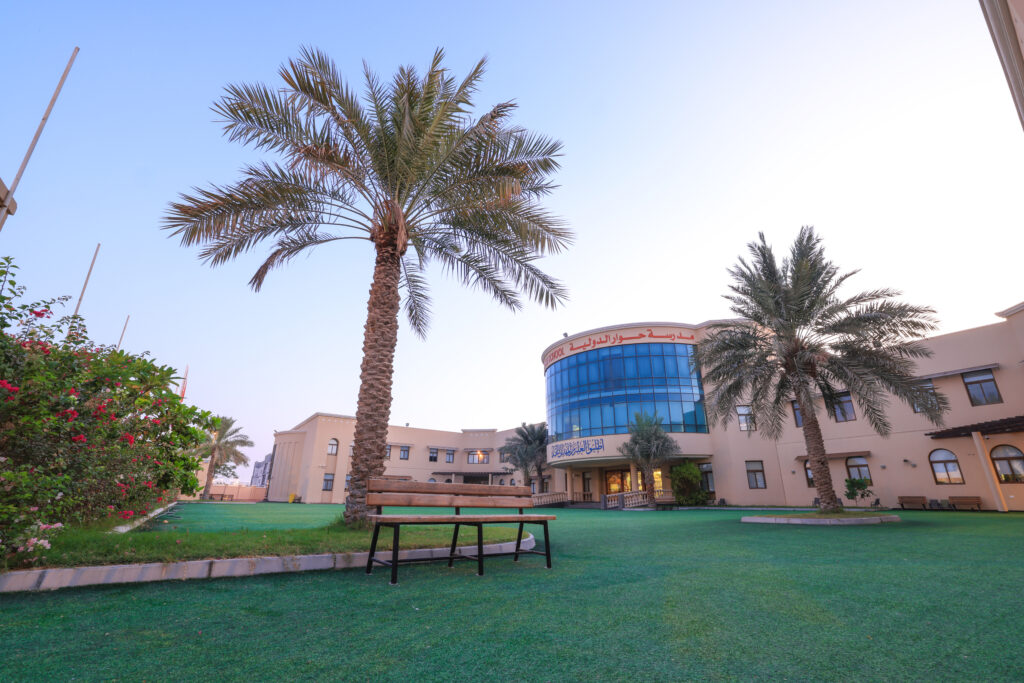Hawar International School is accredited through The Middle States Association of Colleges and Schools, MSA is a voluntary, peer-based, non-profit association, dedicated to educational excellence and improvement through peer evaluation and accreditation in the Mid-Atlantic United States. It is one of six regional accrediting organizations for higher education institutions recognized by the Council for Higher Education Accreditation and the United States Department of Education.

Accreditation is a self-evaluation process that schools and school systems voluntarily use to demonstrate they are meeting a defined set of research-based performance standards. The standards examine schools in a holistic way, supplementing student-testing data to provide a more complete measure of a school’s performance and chart a strategic and realistic course for continuous school improvement.
The process begins with a self-study conducted by the school and requires input from a coalition of school leaders, teachers, parents and students. Following the self-study, a team of volunteer educators from Middle States-accredited schools conducts an on-site peer review to observe school operations and interview various stakeholders. The team then makes its recommendation to Middle States, where it undergoes a multi-level review by some of the best educators in the field before being approved.
The Middle States Association’s accreditation process respects the individual nature and character of each school. Although it is required that all schools meet the same Standards for Accreditation, there is sufficient flexibility within the Standards and protocols so that different schools can demonstrate they meet the Standards in different ways.
When it comes to evaluating schools and school systems, the Middle States Association looks at the whole school- not just test scores. We realize that improving outcomes requires a comprehensive approach. When we assess whether a school should be accredited we look at how the school performs in 12 key areas that make up our Standards for Accreditation:
School Address
Hawar International School
Building 22, Road 42, Block 910 West Riffa, Kingdom of Bahrain
P.O. Box: 38338
Contacts
Phone: +973 13 666 555
Fax: +973 13 666 554
Email: info@hawarschool.com

